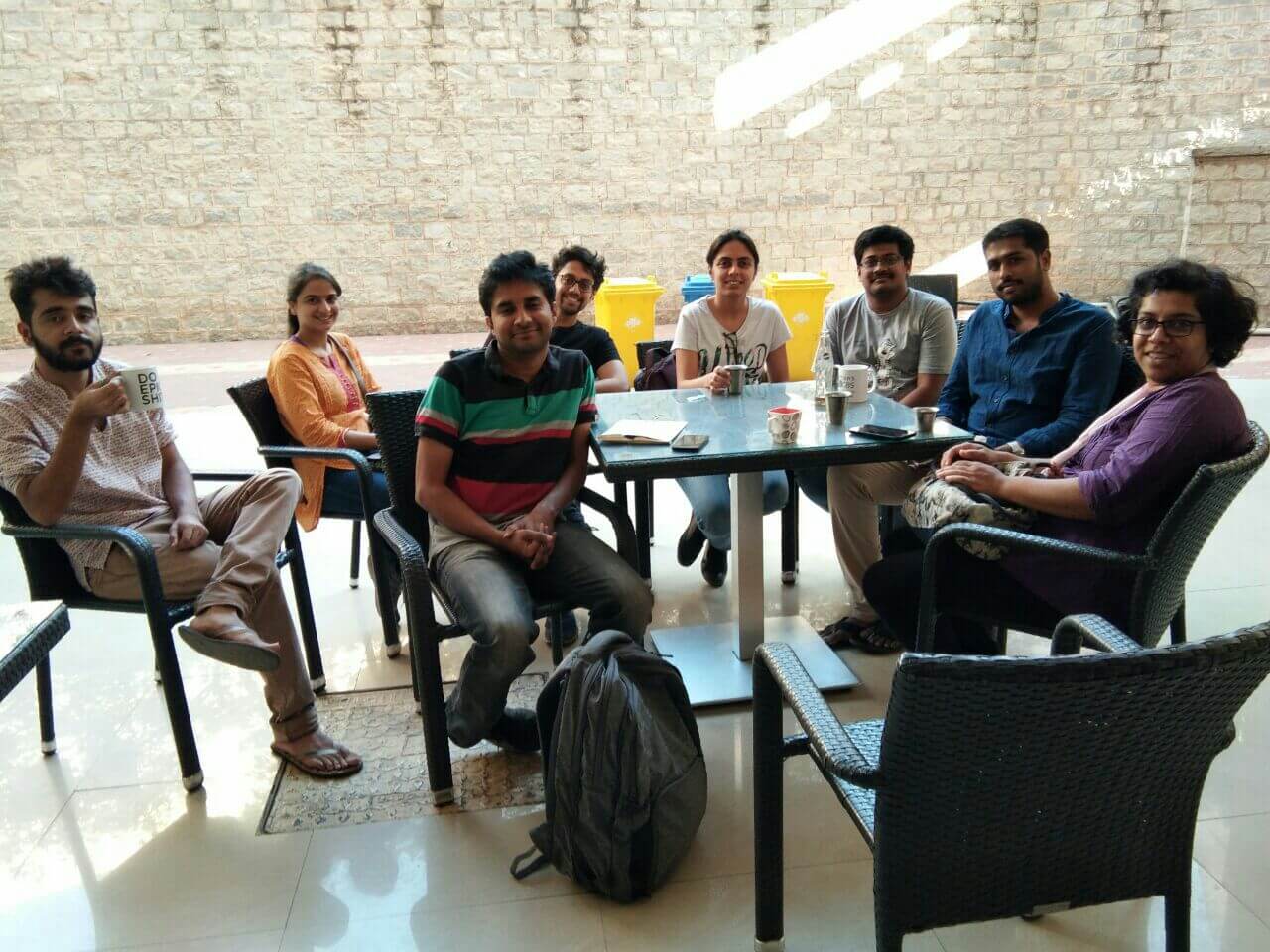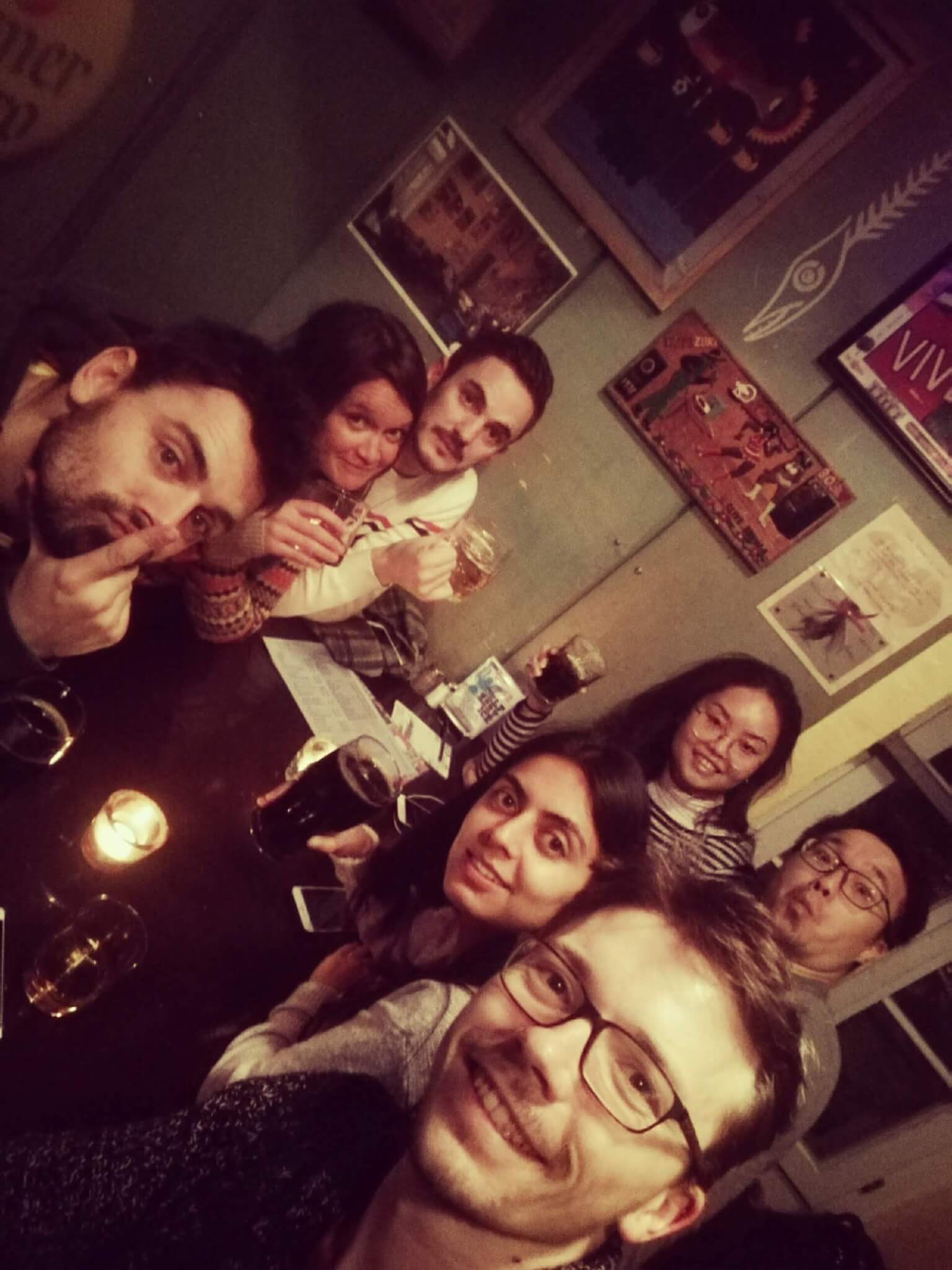By Sabiha Majumder
Why academia? What is its appeal? For me – and I guess for most people working in academia – the answer is quite straightforward: I genuinely enjoy the process of making new discoveries, the flexibility of working on things that excite me, and the luxury of working whenever and wherever I like. This makes academia one of the best career choices for one’s personal and professional happiness, right? Well, not so fast….I am currently working as a Postdoc in one of the best universities in my field. But what may sound like a straight road to success was paved with many setbacks – so much so that it made me question whether I am right for this. And I am not alone with these feelings, recent findings even speak of a mental health crisis in academia.
I have always been a really good student. I received good grades and the appreciation from my teachers throughout my school years and undergraduate studies. Consequently, academia seemed like the best career choice for me and I joined a PhD position with loads of excitement and enthusiasm. And this is where it all started. In a matter of weeks, I was doubting myself. I struggled with understanding even the most basic concepts, while everyone around me seemed to be excelling in their research. All these years of doing great in academics and now I was failing right along the line. This did not only have a tremendous negative impact on my motivation and excitement for doing science, but also made me question, whether I was after all smart enough to be in academia. What started with a feeling of confusion, quickly led to low self-esteem – paired with the pressure in academia to constantly prove oneself, I soon began to suffer from mental health issues, every day falling deeper into what I perceived to be a dark pit. Here comes the tricky bit: objectively, I had no reason to feel like this. I was part of a great lab with amazing colleagues and a very supportive supervisor and this made me feel guilty for feeling depressed.

It took me a while to figure out what was going on. But while I was struggling, I ultimately made the decision to quit. The constant struggle with my inner self was impeding me from making any progress in my research and the goal of completing my PhD seemed just so impossible to achieve. But this is where it all changed. Before I could tell my supervisor that I was throwing in the towel, he approached me to talk about the struggle I was battling. I learnt how common this was in academia and, when we involved my colleagues in this discussion, I was surprised to hear how seemingly happy people around me were fighting the same demon on a daily basis. From then on, I became more open about my feelings. We started defining shorter goals in the lab and finishing them one by one made me more and more confident. Before I could realize, I hadn’t quit my PhD, but submitted my dissertation.
Today I know that what I had struggled with is the impostor syndrome. Academia is set out to train experts, but at the same time the more I learnt about a topic, the more I understood that there is so much more to research and hence the feeling of not knowing enough, not being enough arose. This is the catch 22 of being a researcher: You learn more and more, but feel like you know less and less, ultimately leading to a feeling of not being worthy of an expert position, being a fraud – or an impostor.

How to beat it? Well, first off, I believe as scientists we must be open about our feelings of self-doubt and our struggles in our research. It is so easy to get lost in the universe of details over details of a concept or research design, theoretically there is always more to include and investigate. Talking to colleagues and supervisors helps to stay focused on your actual research question. It is ok not to know everything and this will not make you less of an expert regarding your research. And it is ok to still struggle from time to time, I know that I do. Science is not a smooth sail, it is a quest for knowledge and academia is full of kind people; talk to your colleagues, your mentors. But most importantly, know that you are not alone in this.

